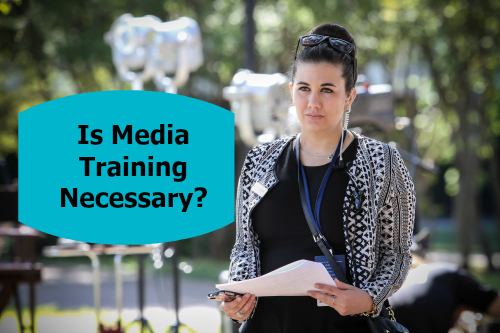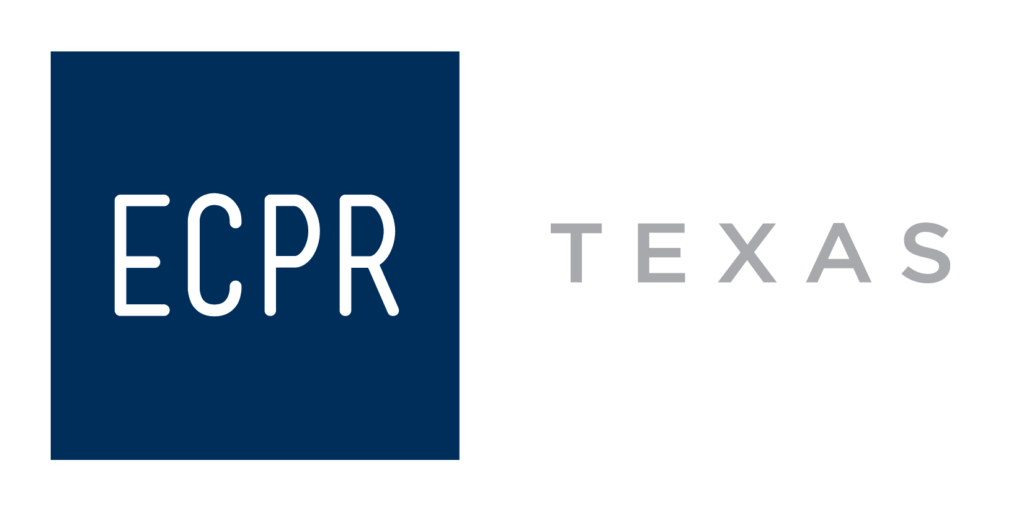Every time I take part in conducting media training for a client, I face the questions, “is this really necessary?” and “do we actually have to train for the possibility of a media interview?”
My answer is always the same to both: YES!
Media training is absolutely necessary if you ever plan to represent yourself and/or your company in front of the media, whether it’s a national print outlet, a local TV station or a trade/industry-specific magazine. You only get one chance to conduct an interview and not only stay on message, but also present yourself and your company in the best light possible.
My biggest piece of advice I give media training participants is to always have three to five talking points of your most important and interesting information to share with the interviewer. That way, no matter what he or she asks, you can strategically end your answer with the information you want the audience to know.
Once a person has developed their message and broken it into three to five conversational talking points, we discuss appearance.
It is imperative to pay attention to how you present yourself on camera. Many people may not realize that they fidget, look down, say “um” or may not be wearing the most appropriate outfit for television.
If you are going to be on TV, wear a solid color. If you are a man and decide to wear a suit, wear a white or light blue shirt and a solid color tie. If you are a woman, wear a solid color pantsuit or a knee-length dress, as you never know if you will be sitting on a high stool or slumped down into a couch.
Media training helps professionals see what crutch words or mannerisms you as the interviewee portray. By doing mock interviews, you are able to become aware of how much you say “like,” “um” or any other word that stands out when said repeatedly.
Most importantly, media training exposes you to interacting with the media and gives you a “dress rehearsal” before the real deal so you will hopefully avoid a “deer in the headlights” look and a mind that suddenly goes blank.
Before I go, I want to share my top three tips on speaking to the media:
1. Look your best, even if it is for a print interview. Wear a professional, solid color outfit and do your hair and make up (if applicable).
2. Enjoy your time getting to know the reporter or anchor and share with them your passion for your business, organization or event.
3. Most importantly—develop your message and break it into three to five main talking points. No matter what they ask you, circle back to your message. Remember, they cannot air or print anything you don’t say and vice versa, so make it count!
-Lia Pette
Senior Account Executive



